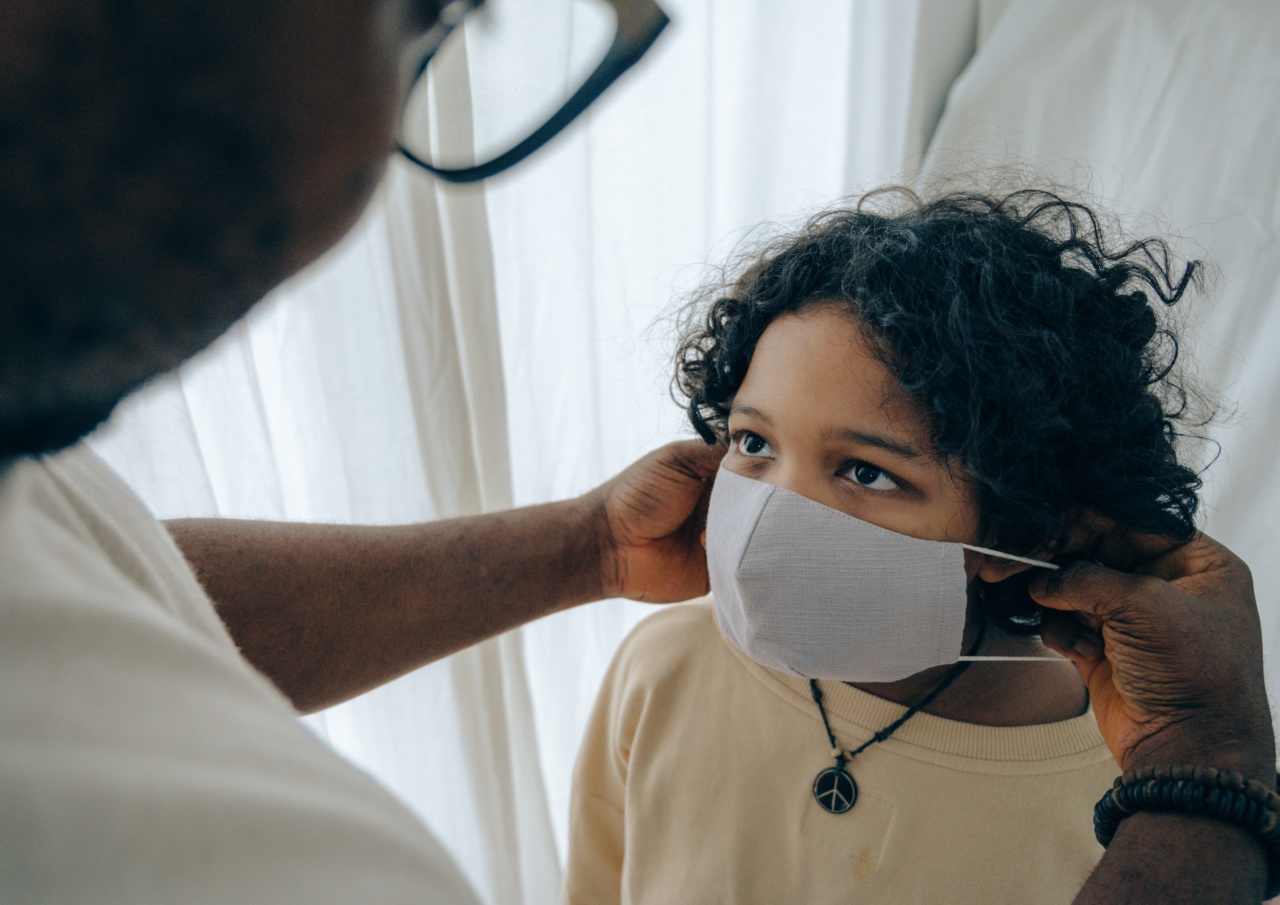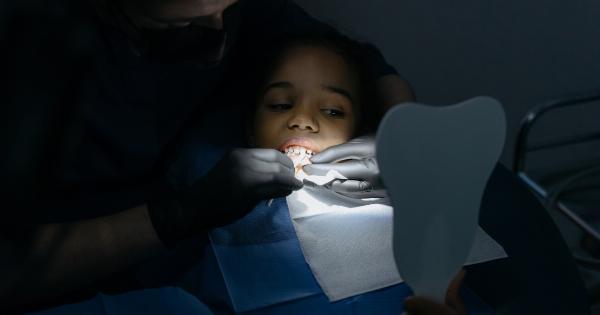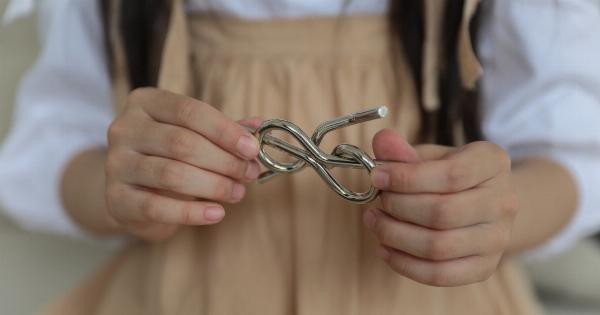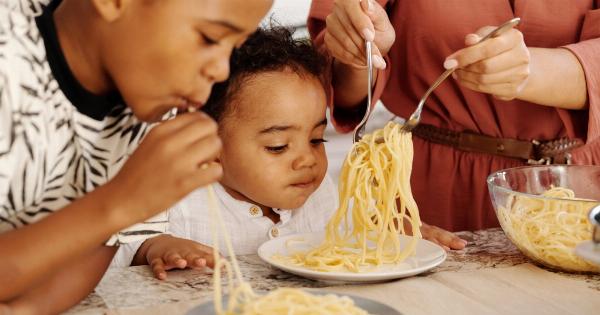Constipation is a common problem among children, and as a parent, it can be worrisome to see your child struggling with this issue.
While most cases of constipation can be managed at home with simple remedies, there are instances when it is necessary to seek medical help. In this article, we will discuss the signs and symptoms that indicate when you should consult a healthcare professional for your child’s constipation.
Understanding Childhood Constipation
Constipation is defined as having difficulty or infrequent bowel movements, often accompanied by hard and dry stool.
It can be a result of various factors, including diet, lack of physical activity, medication side effects, and certain underlying medical conditions.
For most children, constipation is a temporary issue that can be resolved through lifestyle changes and home remedies. However, some cases may require medical intervention.
It is essential to be aware of the signs that indicate your child’s constipation needs medical attention.
Signs You Should Seek Medical Help
1. Blood in the Stool: If you notice blood in your child’s stool or on the toilet paper, it is crucial to consult a healthcare professional.
Blood in the stool can be a sign of various conditions, including anal fissures, hemorrhoids, or even more severe underlying issues.
2. Severe Abdominal Pain: If your child is experiencing severe abdominal pain that is not relieved by passing stool, it may be indicative of a more serious problem.
In such cases, medical attention is necessary to assess the cause of the pain and provide appropriate treatment.
3. Recurrent Constipation: If your child frequently suffers from constipation despite dietary and lifestyle changes, it is essential to seek medical help.
Recurrent constipation may be a sign of an underlying medical condition that requires further evaluation and management.
4. Weight Loss: Unexplained weight loss in a child can be a cause for concern. Chronic constipation, especially when accompanied by poor appetite and weight loss, may indicate an underlying issue that needs medical attention.
5. Vomiting: If your child is vomiting along with constipation, it is essential to consult a healthcare professional. Vomiting can be a sign of an intestinal blockage or other complications that require immediate medical evaluation.
Additional Signs and Symptoms
In addition to the signs mentioned above, there are several other indicators that may suggest the need for medical assistance:.
6. Distended Abdomen: If your child’s abdomen appears bloated or distended, it could be a sign of a more severe underlying condition, such as an impacted stool or intestinal obstruction.
7. Fever: A persistent fever accompanied by constipation may indicate an infection or inflammation in the digestive system, which requires medical attention.
8. Urinary Issues: Constipation can sometimes put pressure on the urinary tract, leading to symptoms such as frequent urinary tract infections or difficulty passing urine.
Consulting a healthcare professional can help address these concerns.
9. Failure to Pass Stool: If your child has not had a bowel movement for several days despite attempts, medical evaluation is necessary to rule out any underlying issues and provide appropriate treatment.
10. Changes in Behavior: Chronic constipation can affect a child’s behavior, leading to irritability, mood swings, or even withdrawal.
If you notice any significant changes in your child’s behavior along with constipation, it is advisable to seek medical help.
When to Consult a Pediatrician
While some cases of constipation can be managed with home remedies such as dietary changes, increasing fiber intake, and ensuring adequate hydration, there are instances when you should consult a pediatrician. It is recommended to seek medical help if:.
11. Home remedies have been ineffective: If your child’s constipation does not improve with home remedies or persists despite dietary modifications, it is advisable to consult a healthcare professional for further evaluation.
12. Chronic constipation: If your child has been experiencing constipation for an extended period, medical intervention is necessary to identify any underlying causes and develop an appropriate treatment plan.
13.
Presence of risk factors: If your child has additional risk factors for constipation, such as a family history of gastrointestinal disorders or a chronic medical condition, medical evaluation is essential to manage their specific needs.
14.
Presence of other associated symptoms: If your child has symptoms such as weight loss, blood in the stool, or severe abdominal pain, it is crucial to seek medical attention promptly for a comprehensive evaluation and appropriate management.
Conclusion
While most cases of childhood constipation can be managed with lifestyle changes and home remedies, there are situations where it is necessary to seek medical help.
Monitoring your child’s symptoms and being aware of the indicators that warrant medical attention is crucial for their well-being. If you notice any of the mentioned signs or have concerns about your child’s constipation, it is always best to consult a healthcare professional for an accurate diagnosis and appropriate treatment.





























